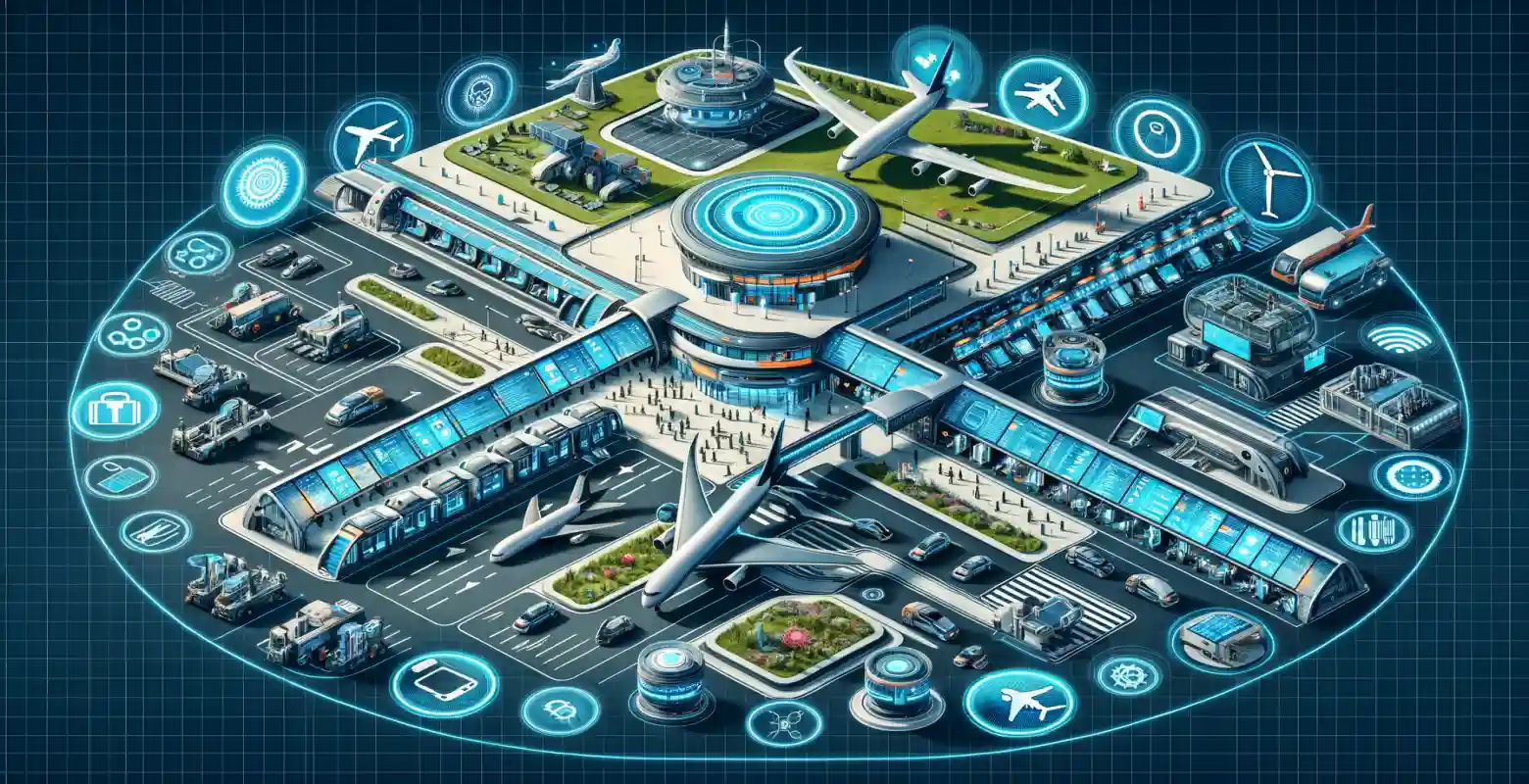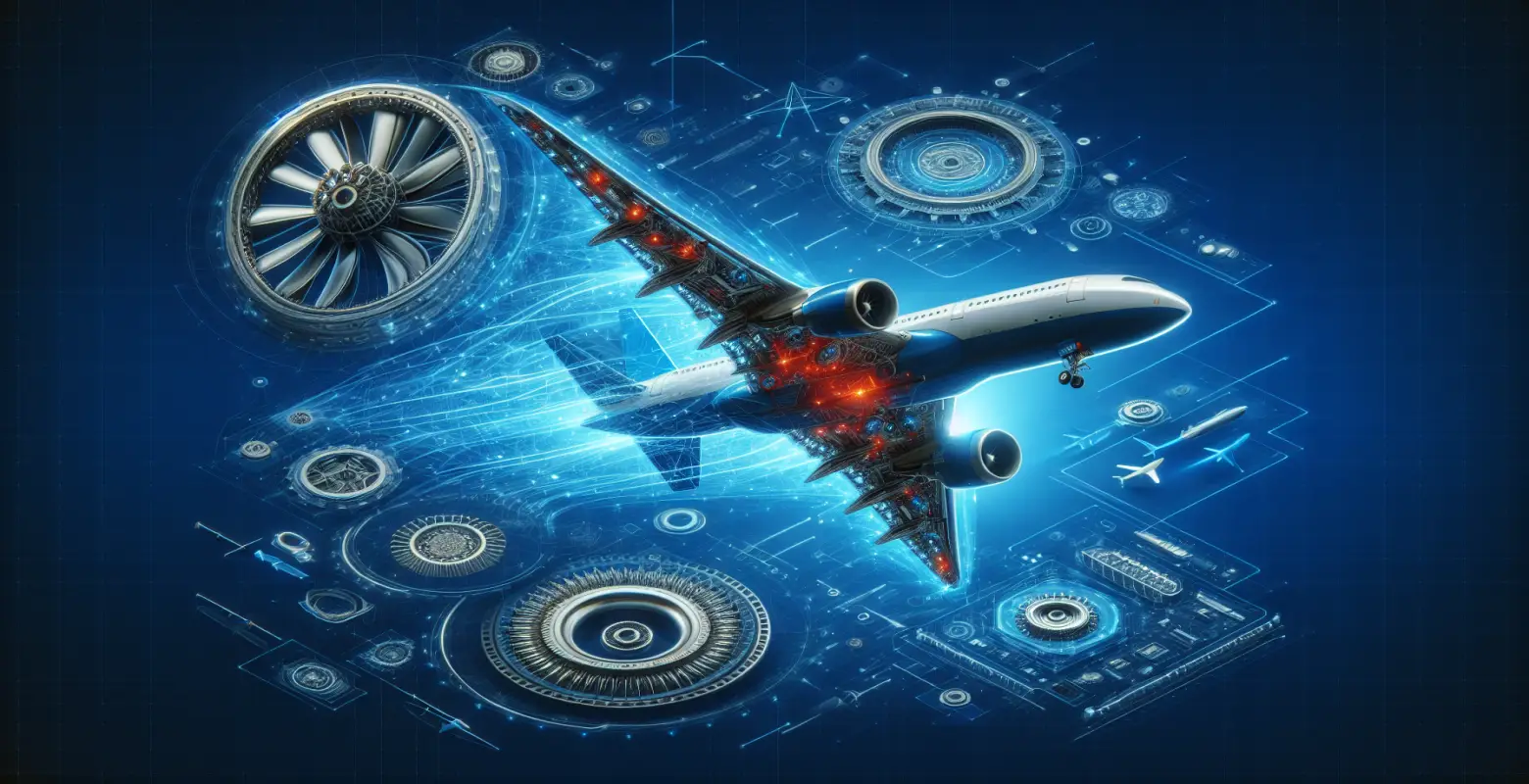The most technologically advanced airports in the world
Introduction
In today's world, air travel has become an integral part of the lives of millions of people. As technology advances rapidly, airports around the world are transforming into technologically advanced transportation hubs that not only facilitate travel but also contribute to improving passenger safety and comfort. In this post, we will examine the most technologically advanced airports in the world, discussing their innovative solutions and impact on the aviation industry. Why is this important? Because innovations in airports directly impact passenger experiences and the operational efficiency of these huge transportation hubs.
Advanced Technologies at Airports
Airports worldwide are implementing modern technologies that revolutionize the way we travel. These innovations cover various aspects, from automating check-in processes to advanced security systems.
Automation and Artificial Intelligence
Many modern airports are introducing automated check-in gates that utilize biometric technologies, such as facial recognition. Changi Airport in Singapore is a leader in this field, offering passengers the ability to quickly and touchlessly pass through security checks. AI is also used to predict passenger flow and optimize traffic management.
Advanced Security Systems
Safety is a priority at airports, and modern technologies play a crucial role in ensuring it. For example, Schiphol Airport in Amsterdam has implemented advanced baggage scanning systems that can analyze contents without the need for unpacking. Additionally, airports are increasingly using drones to monitor external areas and detect potential threats.
Pioneering Examples of Airports
Let's take a look at several airports that are setting new technological standards in the industry.
Changi Airport in Singapore
Changi is considered one of the most technologically advanced airports in the world. In addition to the mentioned biometric systems, the airport offers innovations such as automated baggage systems and intelligent toilets that monitor their cleanliness and material usage. Recently, cleaning robots have also been introduced to autonomously maintain order in terminals.
Incheon Airport in Seoul
Incheon is another example of an airport investing in modern solutions. This airport features information robots that help passengers find their way and provide flight information. Moreover, Incheon has implemented advanced air traffic management systems that minimize delays and increase operational efficiency.
Benefits and Technological Challenges
Implementing advanced technologies at airports brings many benefits but also poses certain challenges.
Benefits
Technologies such as automation and AI significantly enhance the operational efficiency of airports, resulting in better passenger experiences. Shortening waiting times and improving security are key benefits. Additionally, these technologies contribute to reducing operational costs by optimizing processes.
Challenges
Implementing new technologies involves costs and requires significant investment. Another challenge is ensuring the protection of passengers' personal data collected and processed within biometric systems. Additionally, providing adequate training for personnel in handling new technologies is necessary.
The Future of Technology at Airports
As technology continues to evolve, airports will need to adapt to new trends and passenger requirements.
Internet of Things (IoT) and 5G Connectivity
Airports are beginning to implement IoT solutions that enable better monitoring of infrastructure and resources. With 5G networks, faster data transmission and more efficient management of airport systems will be possible.
Autonomous Transport
The future of airports also includes the development of autonomous transport. Many airports are already testing autonomous vehicles for transporting passengers between terminals, which may become a standard in the future.
Summary
The most technologically advanced airports in the world not only improve travel comfort but also set new standards in safety and operational efficiency. Through investments in technologies such as automation, AI, IoT, and autonomous transport, airports become more user-friendly and environmentally sustainable. As technology continues to evolve, we can expect even greater innovations that will revolutionize the way we travel. For passengers, this means more convenient and safer journeys, and for airport managers, increased efficiency and competitiveness in the global market.






Number of comments: 0